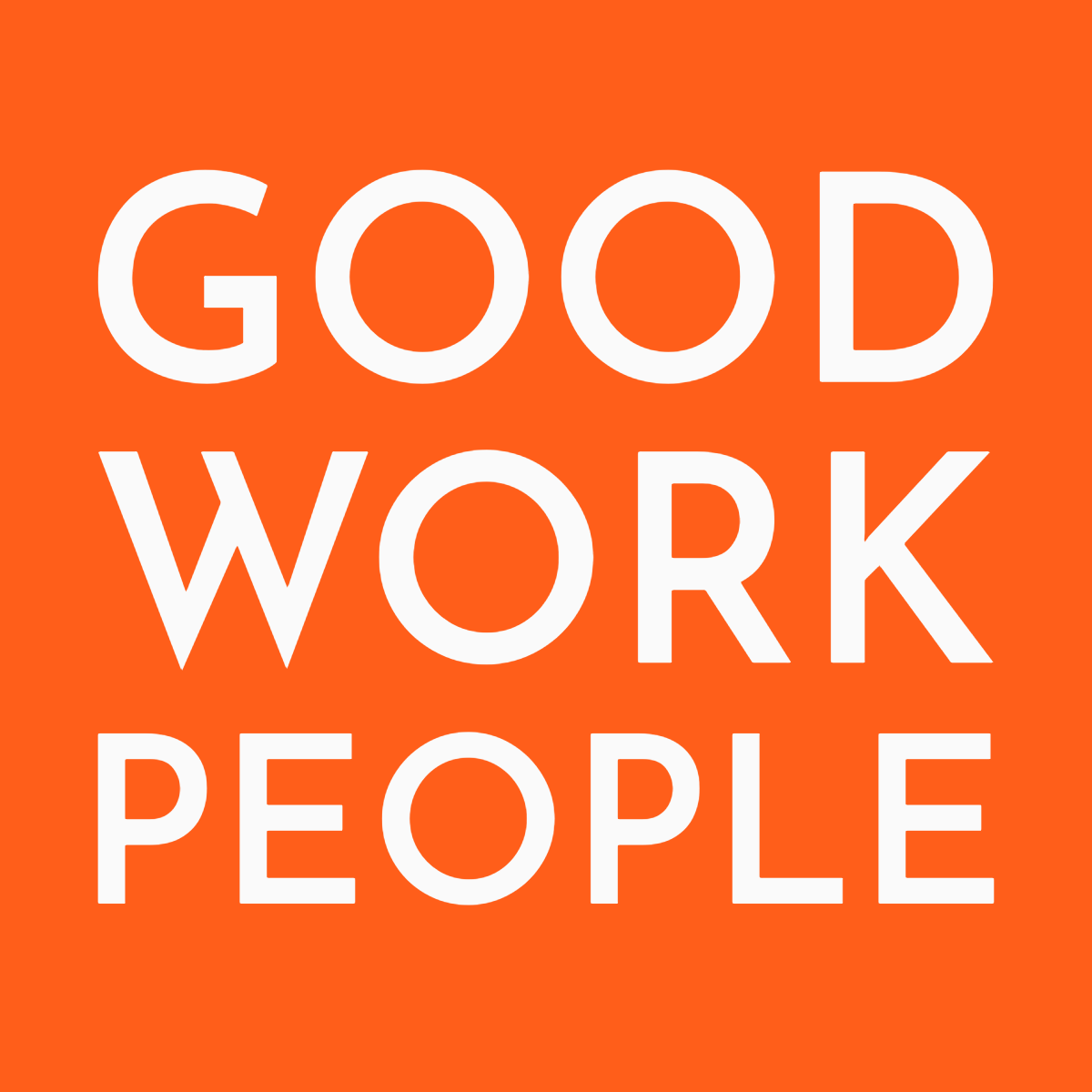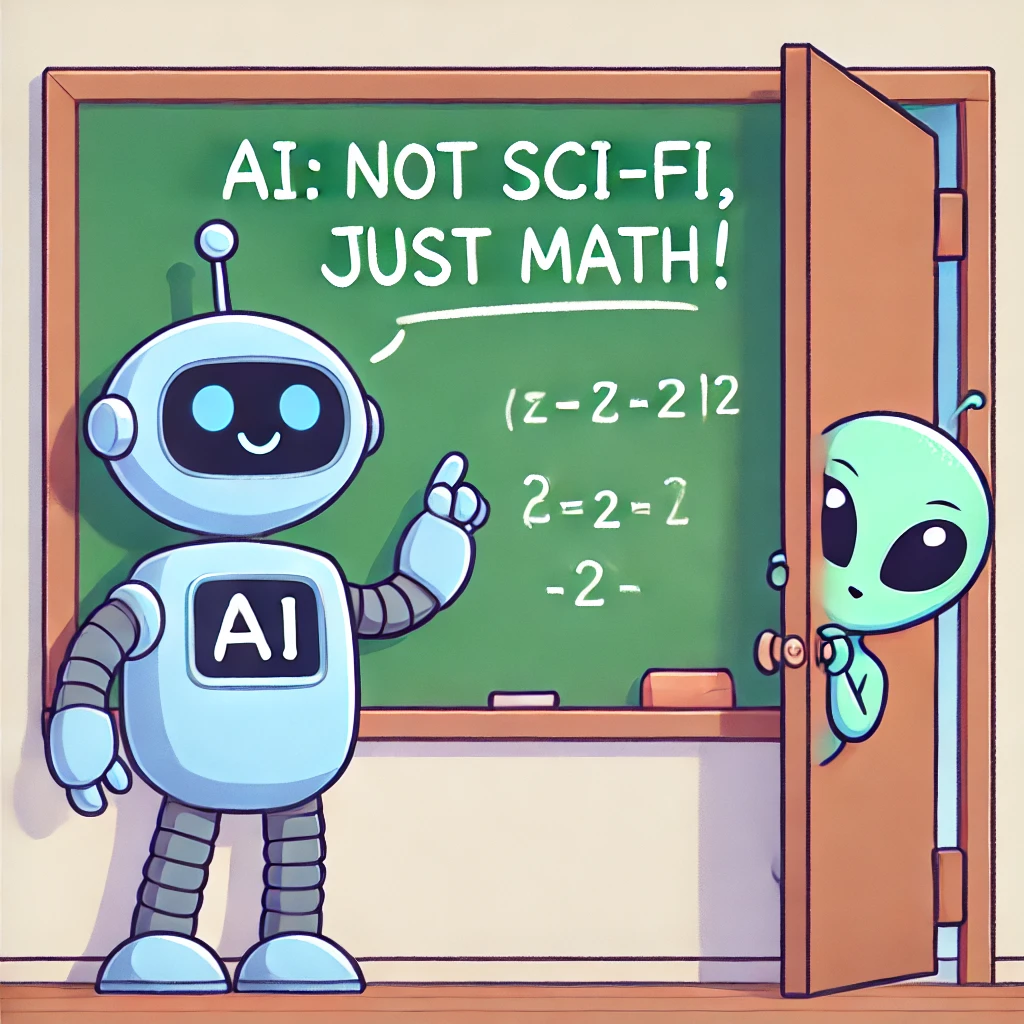AI for Equity: What Is It, Why Me, Where Do We Go Now?
If you’ve landed here, you’re probably interested in AI, equity compensation, or me, and you’re in the right place. I’m glad you’re here! This is a primer on AI, what Good Work People and I are up to, and how AI can be leveraged to help equity and related professionals get things done.
AI in Plain English
I’ll start with the basics: Artificial Intelligence (AI) isn’t just the scary computer from a solid X-Files episode. AI involves humans (for now) teaching computers to perform tasks that usually require human brainpower. AI learns from vast data sets (think accounting guidance, financial reports, stock performance, transaction records in our world) to spot trends, make connections, and predict outcomes.
Machine Learning (ML) is AI’s data-hungry sibling. Instead of explicitly telling a computer what to do, you give it data and let it figure things out. Over time, as it receives more data, it gets better at spotting patterns. Picture an Excel sheet with thousands of stock option exercises. ML should be able to spot patterns, like when options are exercised most and what types of employees are likely to exercise.
A GPT (Generative Pre-trained Transformer) is a Machine Learning LLM (Large Language Model) designed to handle the real-word language we speak and write. Language is full of context and nuance, and LLMs are currently our best bet for handling that complexity. Imagine GPTs as highly advanced, fast predictive text generators. Think iMessage autocomplete, but with much more skill and nuance and less likely to think you meant to type duck. The latest version of ChatGPT is trained on an estimated one trillion parameters, learning not just individual words, but also how those words statistically relate to each other.
When you type a prompt, ask a GPT to do something for you, the GPT considers every word and statistically predicts the most likely sequence based on billions of examples it’s learned from. Imagine it like navigating through a massive, multi-dimensional brain - without judgments, just probabilities. Each word or phrase is mapped to probabilities of other words likely to follow it. Think of it like this: a GPT can be trained to understand that if it’s generating a sentence about stock options, perhaps there’s a 40% chance the next word could be exercise, a 20% chance for vesting, and maybe a 5% chance for reporting. It then picks the most likely sequence based on these probabilities and creates a response that sounds logical.
A GPT isn’t making decisions or understanding like we do; it’s using probabilities to guess the most statistically likely words you want to see in response. In other words, it’s math and statistics and pattern recognition.
Why Me?
It all started with crazy Excel issues - I was determined to make xlookups with nested if statements pull data from many sources into one dashboard. Each source used different names for the same items, think J Doe, Jessie K. Doe, or Doe Jessie K, and there was no common identifier like an employee ID or department to connect them. I didn’t want to manipulate the source data every time one of the underlying sources was updated, since I’d be updating this dashboard weekly. After many hours of trying and Googling and re-caffeinating, I asked my buddy ChatGPT and we landed on the perfect solution. Now I could simply drop in new reports to automatically update my dashboard, without needing to mess with the reports or update the formulas. ChatGPT for the win!
Later in 2023 a health interruption gave me unexpected time away from my role leading my team of equity accounting and administration experts. To keep my brain active, I taught myself Python, a popular programming language. Unsure when I’d be able to return to work, I started thinking about how I could use my new skills to help my team. Over the years of tackling equity conundrums on behalf of hundreds of private and public companies, I’ve developed a knack for finding solutions quickly that both my team and my clients rely upon. Could I create a GPT trained in advanced equity compensation, administration, and accounting concepts across multiple systems like I am, to support our work?
Thankfully, my health improved enough to return to work, so I put a pin in the idea. It stuck with me. I continued learning about AI, testing ChatGPT and other tools’ helpfulness and limitations. In August 2024, I left the corporate world (miss you, Equity Team!), founded Good Work People, and built a custom equity knowledge GPT as proof of concept that I can build what I’d been ruminating about for a year. I’m currently perfecting a scalable version of this while building our consulting team and taking on new clients.
My custom GPT brings a wealth of equity knowledge directly into the tool, offering faster, more accurate help for me than general-purpose AI. It’s capable of everything I thought it could do and more. One unexpected use is to help me wrap my brain around how I can help a client or a friend with an equity issue I’ve not handled before. I “talk” through the issue with my GPT, outline what I think the problem is, what I think the solution should be, and ask for help in refining my approach.
AI in Equity Compensation: Your New High-Powered Assistant
Now that we understand what’s under the hood and what I’m doing in AI, let’s talk about what else we can do.
Employee Communications: Imagine automating responses to frequently asked questions about your company’s equity plans. Tools like Intercom and Zendesk Answer Bot, or a custom GPT, can handle questions like, “How do I log into my E*TRADE account?” or “What happens to my shares if I resign?”
Advanced Excel Assistance: Beyond VLOOKUPs, imagine automating complex functions like nested IF statements, INDEX/MATCH combinations, or data cleanup tasks. Tools such as FormulaBot and custom GPTs can troubleshoot formulas, suggest alternatives, and catch potential errors to streamline complex spreadsheets.
Meeting Minutes & Action Items: Tools like Otter.ai, Zoom’s AI Companion, and Microsoft Copilot streamline meetings by automatically summarizing discussions and action items.
Data Analysis & Visualization: AI tools like Tableau AI and Power BI with Copilot can automatically analyze and visualize plan data for trends, generating insights on grant acceptance rates, exercise activity patterns, or geographic trends in stock option exercises.
Compliance Checks & Auditing: A custom GPT trained in equity-related requirements and regulations could help ensure compliance by spotting red flags, inconsistencies in vesting schedules, and gaps in eligibility.
Documentation & Knowledge Management: A custom GPT trained on your equity plans, or tools like Notion AI and Confluence with AI add-ons, can be invaluable for accessing historical information. They quickly retrieve data on past plan amendments, grant policy changes, or anything requiring historical context. Imagine no more scouring through poorly labeled folders or physical files.
AI is powerful, but it’s not perfect, especially in areas requiring judgment or context. It doesn’t know equity compensation like we do. These tools aren’t replacements for us, just efficient ways to handle repetitive tasks so we can focus on the hard stuff. Think of AI as your high-powered assistant that helps you work more efficiently.
AI Hallucinations – Wait, What?
No, GPTs didn’t start microdosing last summer. In AI terms, a hallucination is when the model generates information that sounds plausible but just plain isn’t true. A GPT bases responses on probabilities, not confirmed facts, so when data is unclear or a question is nuanced, it may fill in gaps with plausible sounding but incorrect details. Think of that overconfident colleague who always chimes in with an answer, regardless of accuracy (yes, [redacted], I’m talking about you).
Considering our function is all about compliance – accurate tax withholding, accounting, and reporting – hallucinations are the biggest hurdle for an equity GPT. It’s crucial to tread carefully. No GPT is perfect, and companies don’t usually report their models' error rates. While I’ve developed guardrails that aim to prevent hallucinations with my custom GPT, high-stakes situations require a human equity expert.
Final Thoughts: The Real Role of AI in Equity Compensation
AI is here, and it’s evolving fast. While it may feel intimidating, remember it’s just another tool like Excel that we can learn to use. AI is here to make our jobs easier - not to replace the unique expertise we bring.
As you explore AI, keep in mind: it’s math and stats, not sci-fi. If you’d like to learn more, let’s talk!

